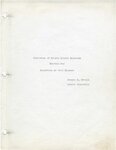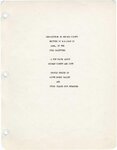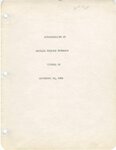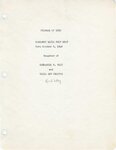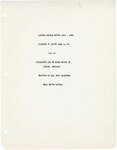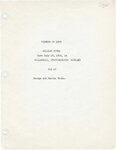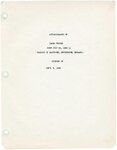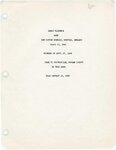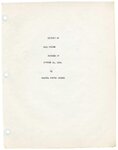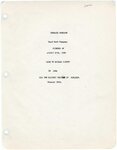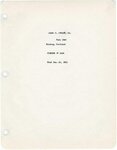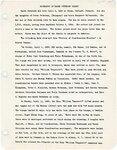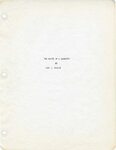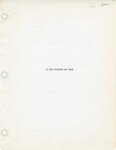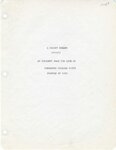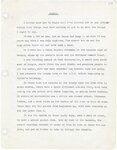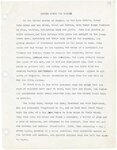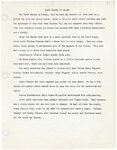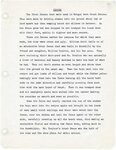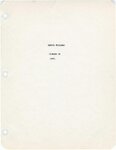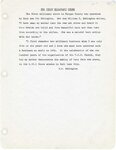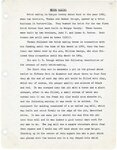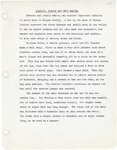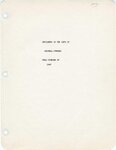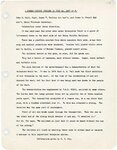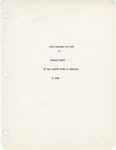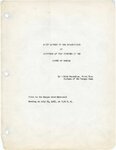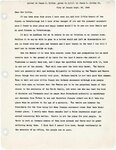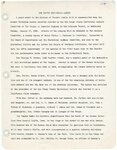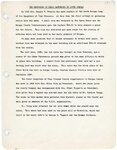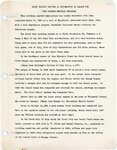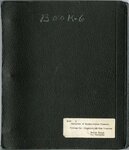| Title |
008_Pioneer Histories (DUP Book 6) |
| Creator |
Brough, Bessie P. |
| Contributors |
Daughters of Utah Pioneers, Morgan County |
| Description |
In the early part of the 1900s Daughters of Utah Pioneers historians interviewed pioneers and their children and wrote or gathered the histories. |
| Biographical/Historical Note |
This book contains Morgan County histories and documents that were shared in meetings of the Daughters of Utah Pioneers in the 1950s. Many of these histories are available because of Mary Chadwick's efforts to interview pioneers or their children circa 1920-1930. |
| Subject |
Morgan County (Utah)--History; Mormon pioneers |
| Digital Publisher |
Stewart Library, Weber State University, Ogden, Utah, USA |
| Date Original |
1952 |
| Date |
1952 |
| Date Digital |
2017 |
| Temporal Coverage |
1840; 1841; 1842; 1843; 1844; 1845; 1846; 1847; 1848; 1849; 1850; 1851; 1852; 1853; 1854; 1855; 1856; 1857; 1858; 1859; 1860; 1861; 1862; 1863; 1864; 1865; 1866; 1867; 1868; 1869; 1870; 1871; 1872; 1873; 1874; 1875; 1876; 1877; 1878; 1879; 1880; 1881; 1882; 1883; 1884; 1885; 1886; 1887; 1888; 1889; 1890; 1891; 1892; 1893; 1894; 1895; 1896; 1897; 1898; 1899; 1900 |
| Item Size |
9.5x11 inches |
| Medium |
histories |
| Item Description |
3-ring binder. This book consists of 140 pages containing histories and historic documents, typewritten on round-cornered pages, numbered 1 to 122. |
| Spatial Coverage |
Morgan County, Utah, United States, http://sws.geonames.org/5778525/ |
| Type |
Text |
| Conversion Specifications |
Archived TIFF images were scanned by Alexandra Park with an Epson Expression 10000 XL scanner. Transcription by Alexis Stokes using ABBYY Fine Reader. JPG and PDF files were then created for general use. |
| Language |
eng |
| Rights |
Materials may be used for non-profit and educational purposes; please credit Morgan County Daughters of Utah Pioneers, Morgan, Utah. |
| Source |
Daughters of Utah Pioneers, Morgan County |
| Format |
application/pdf |
| ARK |
ark:/87278/s6az2yh4 |
| Setname |
wsu_mdupc |
| ID |
47843 |
| Reference URL |
https://digital.weber.edu/ark:/87278/s6az2yh4 |

